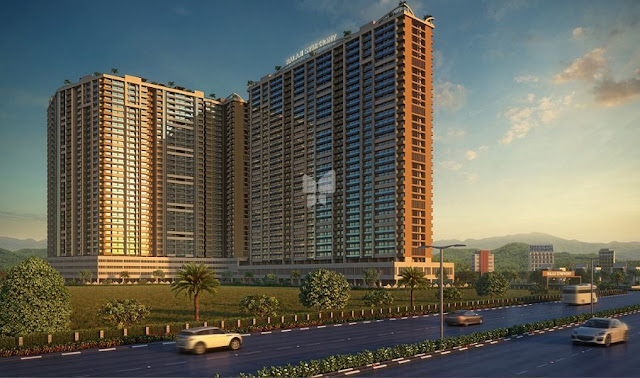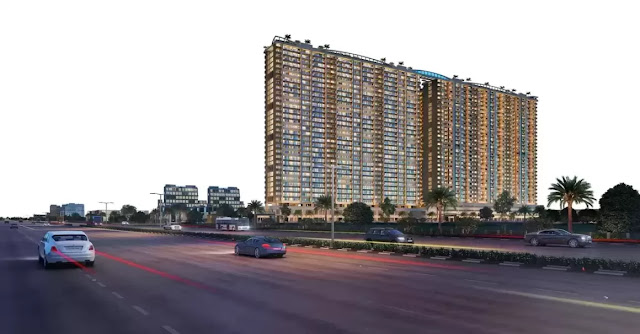Real estate investment is more of a science than an art and requires careful planning and assessment of various factors. All the more care is needed if you are investing in commercial real estate since the ticket size of investment is usually high and there are
lot of factors that determine the returns and price appreciation in such type of property. The commercial real estate market is dynamic and various aspects that determine the rent earning potential and even property price rise, change from time to time. Change of government or change of policies can also have a huge impact on the potential of the property to earn for you. Environmental impact in a particular area and consequently new laws relating to the protection of Mother Earth in a particular locality or zone, can also affect the earning potential of a building.
We take a look at some of the common traps or even oversights that investors should avoid when investing in commercial real estate:
Use of the word Proforma:
Sellers or brokers usually offer documents and reports of the earning potential and income-generating capacity of the property. There are times when the word ‘Proforma’ is attached alongside the earning projections. This is a Latin phrase and it means ‘for the sake of form or appearance’. The reports and documents elaborating future income generation capability of the property
is based on imaginary factors. Be very realistic in assessment of the income earning potential of the property. This can be done by looking at the neighboring properties and overall real estate market scenario in the area.
Not surveying the property completely:
Most sellers and brokers will take you to only the best parts of the building when you visit the property before making the investment. These parts will either be free of damages or renovated after an event like a fire. You must insist on looking at the whole building and every corner of it. If the property is used for industrial purpose, look at all the warehouses that store raw material. The stores, where raw material is kept are usually the worst parts of the property and may require huge renovation soon after you purchase the property. You must also carefully look at a recently renovated part of the building, if any, and see if the repair work has been done with due diligence or will cause a problem soon after you have purchased the property.
Environmental laws and limitations:
Be very careful about the environmental laws are applicable in the locality or zone where you are contemplating
investment. Usually, the seller or the broker will not even talk about it. It is for the buyer to know the kind of activities that are allowed in the locality and the zone. Blocking your money in a property to carry out a certain type of business and then finding out that the activity is not even allowed in the locality, can be really unfortunate. Hiring an expert for this purpose and cross-checking with a neutral broker in the locality, will be a good idea.
Not looking at tenants and their earnings:
If you are investing in a building that already has tenants, then have a close look at the tenancy. What are the kind of
stores there and what is their sales on a monthly and annual basis. Knowing the rent to sales ratio will also give you an idea whether there is a good possibility of the tenants to stay on for long periods or not. A rent to sales ratio of under 5 per cent is considered good. This means that the rent should not be more than 5 per cent or so of the sales. If the rent to sales ratio is more than this threshold, you could avoid investing in the building since the tenants may move out sooner than later. A closer look at the lease durations and lease deeds of each tenant will also help. If most tenants in the commercial building have signed short term deeds, then there are greater chances of you sitting with vacant showrooms and office spaces in the building in a few years or months down the line, which means lower income for you. Usually it takes a while to find a new tenant for an outgoing one and the space sits vacant for the intervening period.
Hidden Charges:
There are a lot of fees and charges that are sometimes hidden in the property documents and the sale terms
by the seller of the property and by the broker. These can be statutory and local taxes that the seller is responsible for paying. There can also be impending
repairs but the seller is trying to pass off the repair burden to you. There can be insurance of the building that is still continuing and the seller may be billing you for the premium. There is usually no harm in buying a building that is under insurance by the previous
owner but the insurance policy would have been taken according to the needs of the previous owner and may not be fruitful
to you and for the kind of use you will put the property to. For example, the previous owner might have stored some kind of raw material in the building and taken insurance for that particular substance or raw material. You may not be
storing such raw material at all and hence, that policy may not be meaningful to you.
Balaji Symphony is one of the best Luxury residential and Commercial Real Estate developer and
Builders in Panvel, Navi Mumbai. Provides lavish and luxurious developed 1 BHK, 2 BHK and 3 BHK Flats & Projects in Panvel. The venture is well prepared with all contemporary facilities and 24X7 protection support to accomplish the needs of the citizens with modern amenities and security services. Buy
Property in Navi Mumbai.
Source: https://housing.com/news/top-5-traps-to-avoid-when-investing-in-commercial-real-estate/




Comments
Post a Comment